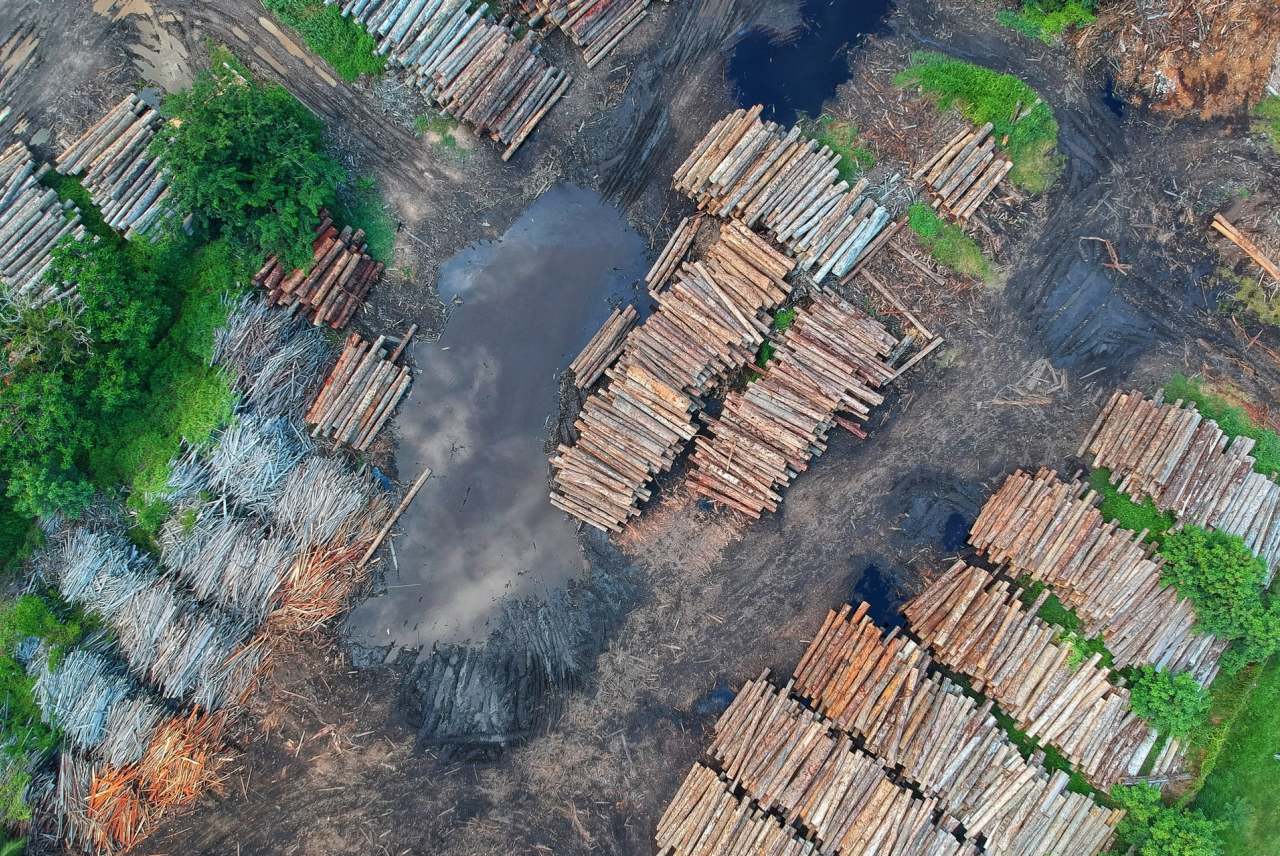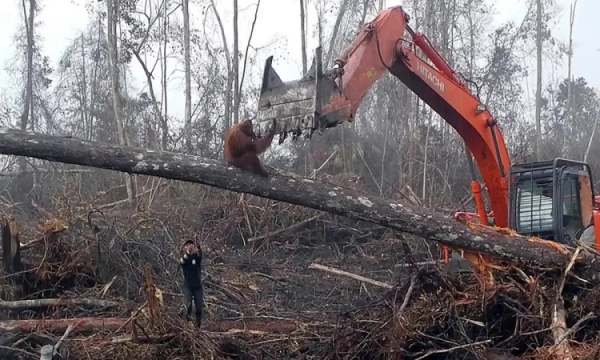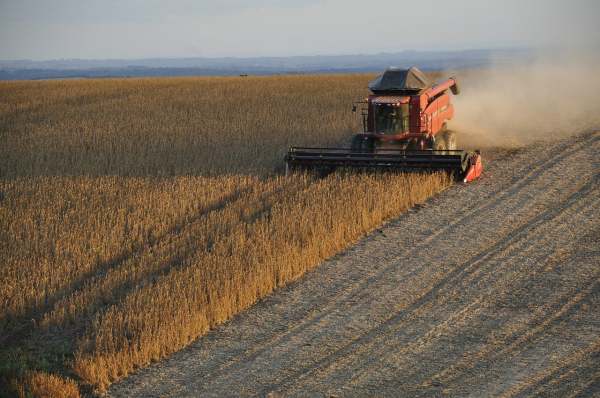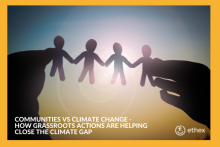There are more and more headlines and studies about how our individual eating habits are fuelling deforestation and the climate crisis.
But this focus on consumer behaviour often lets the more fundamental and systemic drivers of this environmental destruction off the hook - the big banks that are financing and profiting from the companies tearing up rainforests and destroying our planet to produce products like palm oil, soya, rubber, beef and leather.
Demand for land for these commodities drove an estimated 23 million hectares of tropical forest loss between 2016 and 2020 – an area nearly the size of the United Kingdom.
Some of the financial institutions bankrolling this deforestation may be the same ones that you bank or have your mortgage with.
What damaging activities are banks funding?
Our recent investigation showed that since the Paris Climate Agreement, financial institutions in the UK, EU, US, and China have ploughed $157 billion into agribusiness firms linked to tropical deforestation and associated human rights abuses in the climate-critical forests of South-East Asia, Central and West Africa, and Brazil.
The banks financing these destructive agribusinesses include household names like HSBC, JP Morgan, Deutsche Bank, and BNP Paribas. Many of the banks featured in the report have committed to align their investments with the goals of the Paris Climate Agreement and put in place voluntary environmental, no-deforestation and human rights policies.
Our findings reveal how financiers’ public pledges are consistently and repeatedly contradicted by their actual financing decisions as they continue to profit from deforestation and associated abuses, highlighting their hypocrisy and greenwashing.







